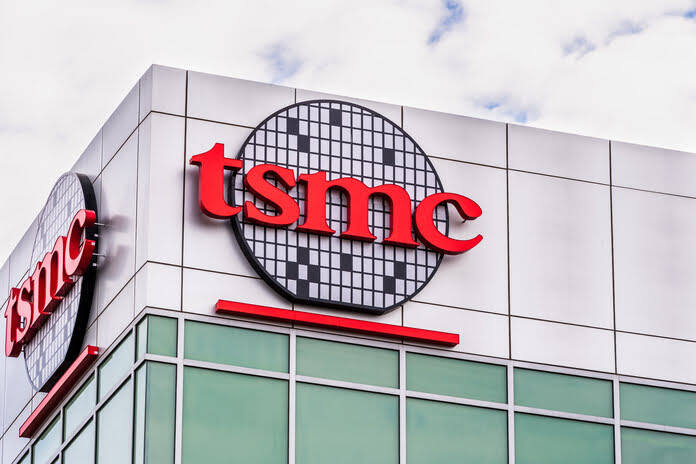On Monday, Taiwan Semiconductor Manufacturing Co (NYSE:TSM) saw its stock trading higher despite a sector-wide selloff following the U.S. government’s embargo on AI chips in the Middle East. This uptick comes amidst significant developments within the company, including CEO C.C. Wei assuming the role of chairman, succeeding Mark Liu, who is retiring.
Under Wei’s leadership since 2018, TSMC has experienced substantial growth and navigated various challenges. During this period, the company’s market value nearly tripled, and revenue and net profit more than doubled. TSMC has also made significant investments in research and development (R&D) and capital expenditure, tripling its spending to maintain its competitive edge against rivals like Intel Corp (NASDAQ:INTC) and Samsung Electronics Co.
However, TSMC faces uncertainties primarily stemming from political factors, such as potential changes in the U.S. administration’s stance on Taiwan’s chip industry. Despite these challenges, the company’s expansion efforts include establishing new manufacturing sites in Japan, Germany, and the U.S., and growing its workforce to over 76,000 employees.
Recent reports indicate Nvidia Corp (NASDAQ:NVDA) is exploring Fan-Out Panel Level Packaging (FOPLP) for its GB200 AI server chips, aiming to overcome TSMC’s CoWoS capacity constraints. On the other hand, Advanced Micro Devices, Inc (NASDAQ:AMD) has consolidated its partnership with Samsung to develop 3-nanometer chip processing technology, potentially narrowing Samsung’s market share gap with TSMC.
Overall, TSMC’s stock performance on Monday reflects investors’ optimism amidst these developments, despite broader sector challenges.
Featured Image: Megapixl







